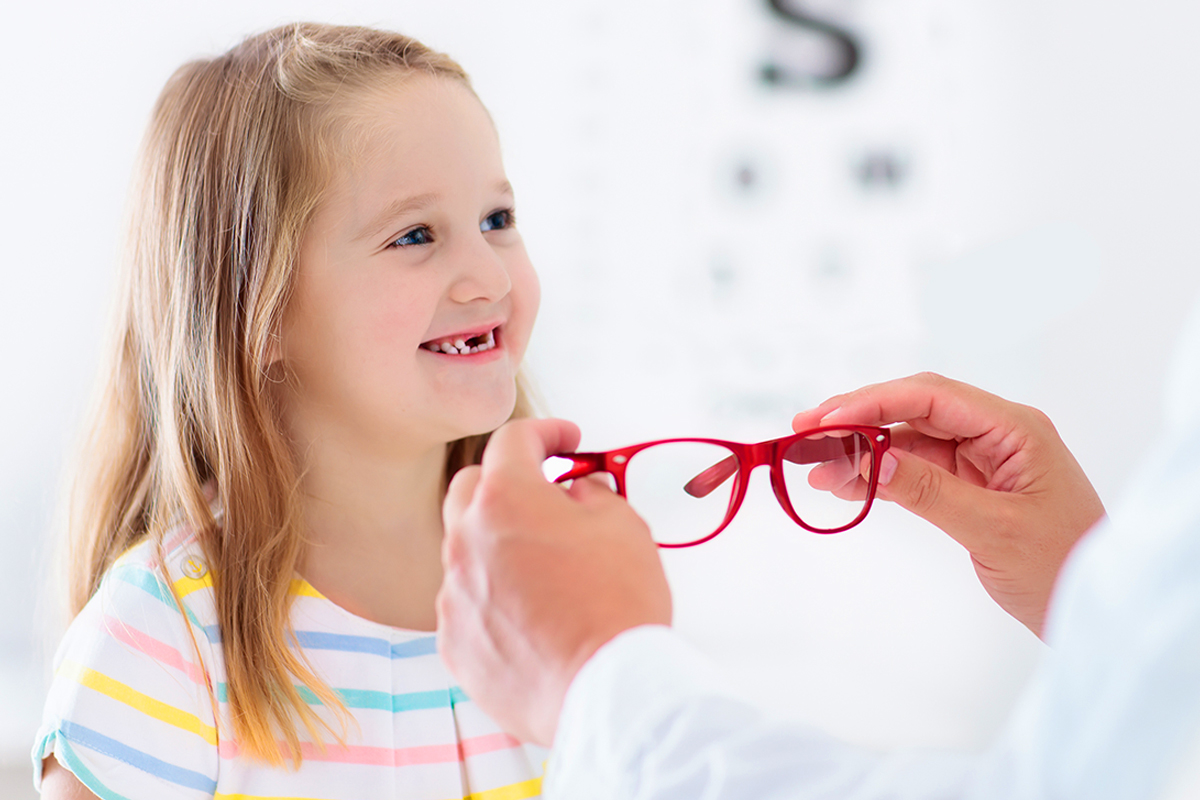Editorial: Let’s See Our Way Clear through the Pandemic

The Morning Call published this editorial from Dennis Zehner, Executive Director and CEO of Sights for Hope, in its print newspaper and on its website on May 11.
While it will take decades to discover all the life-altering effects of the COVID-19 pandemic, we know today that the destinies of hundreds of children in our communities have been altered dramatically in a way that few have considered.
With in-person kindergarten registrations canceled for the second straight spring and fewer people pursuing routine and preventative care, at least 15,000 children in the Lehigh Valley and Monroe County started school without receiving a vision screening or eye exam.
Through our data collection from screenings we have conducted, we have determined that approximately 10% of children have an undetected vision problem. That means about 1,500 children in the region have a vision problem that hasn’t been identified yet. By starting these important years of early education without eye screenings, they are at a great disadvantage since a great deal of learning happens with vision.
To make matters worse, a recent study published in JAMA Ophthalmology shows an apparent link between extra at-home screen time during the pandemic with increases of myopia in children. That is why it is more important than ever for parents of children ages 3-5 to schedule an eye exam as well for schools and day care centers to offer them.
On average, only 6 out of 10 preschoolers had their vision checked before the pandemic, according to a 2019 study from the Centers for Disease Control and Prevention (CDC).
Kaitlin McCall, of Lower Macungie Township, for one, is glad her 3-year-old daughter was screened at preschool. The screening revealed she has an astigmatism.
Because of this early detection and follow-up care, Kaitlin’s daughter’s vision with glasses improved from 20/100 to 20/60 in just six weeks. For now, Kaitlin’s daughter has avoided wearing an eye patch, and the improvement with glasses is a positive sign for the road ahead with her eye health.
Adults should also pay attention to their eyesight and use the 20-20-20 rule to minimize eye strain given the increased amount of screen time during the pandemic. The 20-20-20 vision rule is a great tool to combat eye strain when looking at screens too much.
The rule entails looking at something 20 feet away from your screen every 20 minutes for a total of 20 seconds.
With less time commuting to the office, adults are spending more time working and looking at screens for longer periods. According to Eyesafe Nielsen, in March of 2020, the first month of the pandemic, it is estimated that screen time per person 18 and up increased to about 13 hours a day.
There is much to worry about during the pandemic. Our health is paramount, and vision is part of that.
There are several resources to help people maintain healthy eyesight. In the Lehigh Valley and Monroe County area, Sights for Hope, formerly Center for Vision Loss, empowers people with visual impairments to seize their independence and opportunity, and champions healthy eyesight throughout its communities.
We combine a service of tradition motivated by Helen Keller in 1928 with contemporary practices and advanced technologies. We offer vocational training, rehabilitation services, transportation to medical appointments and grocery stores and social programs that enhance the quality of life for clients who face life with visual impairments.
For children, we offer free vision screenings that could potentially flag issues now that might impede learning later. In a typical year, we screen 8,000 or more children, most of whom are of preschool age.
Our professionals use advanced hand-held screening devices that are accurate and especially effective with kids who have autism, have other physical challenges or have language problems.
Our Camp I CAN! summer program gives kids ages 7 to 13 with visual impairments opportunities to enjoy new experiences, develop new skills and make a difference through a community service project.
While we are in a time when we are singularly focused on our health, we must remember that caring for ourselves also means we need to prevent illness. One major way to do that is to keep our regular medical checkup appointments and ensure that our eyes are every bit as important as other parts of our health.
May is National Healthy Vision Month, so there is no time like the present.